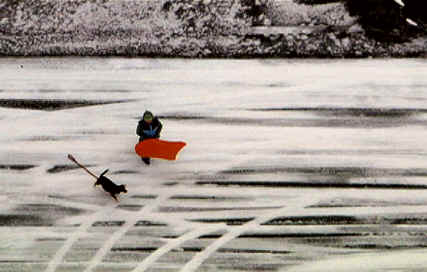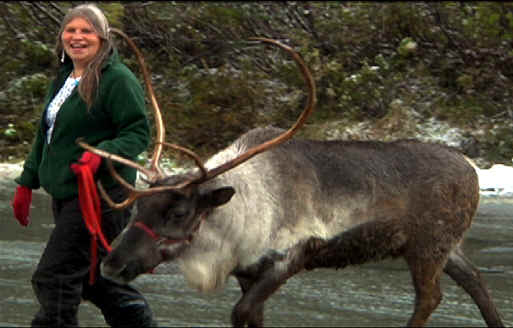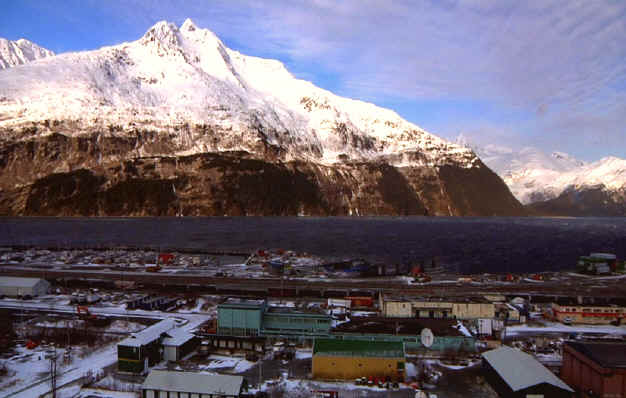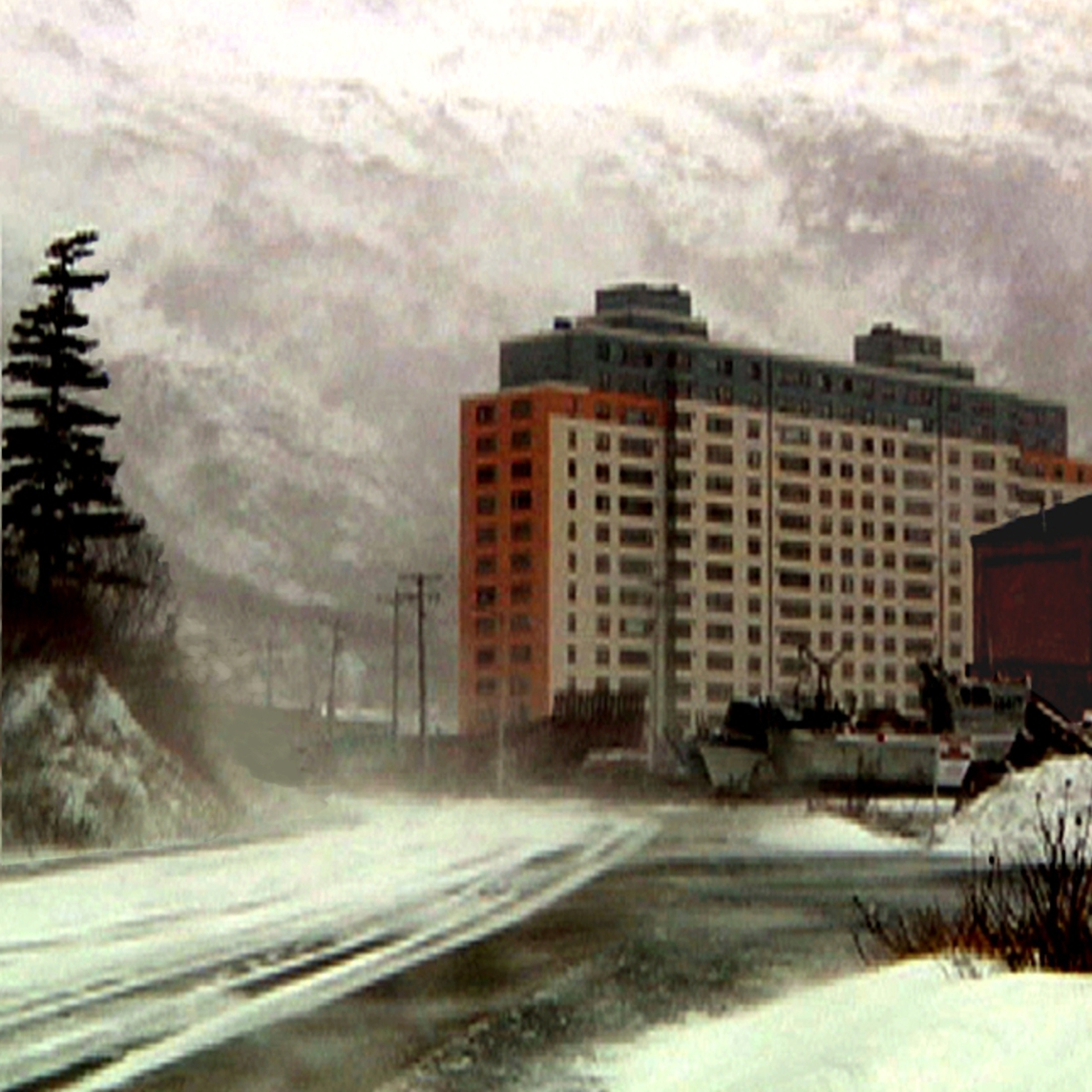Welcome to Whittier. Enjoy your stay.
Whittier, Alaska is nestled on the shore of Prince William Sound, one hour south of Anchorage. But, the incredibly picturesque setting belies just how odd Whittier is, even by Alaska’s standards. The only way in and out of Whittier is a single lane one-way tunnel that changes direction every half hour. The tunnel closes at 10 PM each night, locking everyone in for the night. No exceptions.
Of the 200 people that live year-round in Whittier, 180 of them live in a single 14-story apartment building. Winter starts in early October and rages on for seven months of near-total darkness and an average 9 feet of snow at -20 F with winds gusting up to 80 MPH. Most residents of the Tower don’t venture outside until the 2-story high snow drifts have dissipated in the spring.
So, what happens when you have 180 people cooped up in an apartment building in the middle of nowhere for seven months?
Whittier was founded by the US Military during the Cold War, when it mattered what was happening on the frozen Soviet tundra across the Bering Straights. The Military only lasted about ten years in Whittier; the shell of their installation is now a hulking grey ruin on Whittier’s abbreviated skyline. Since the Military’s departure, Whittier has been home to a handful of fishermen, railroad workers and a few people who service and work on the cruise ships that regularly depart from its shores. Few of the tourists that leave from Whittier ever set foot in the town; most arrive on a bus from Anchorage and are whisked into the climate-controlled bowels of their ship.
Narrated by the iconoclastic Reindeer Lady and a few other equally entertaining residents, Prisoners of Whittier offers a peek into one of America’s oddest communities. With a basement full of frozen food, a police precinct, and a supermarket and pharmacy that are accessible via underground tunnels, some residents never bother changing out of their pajamas.






